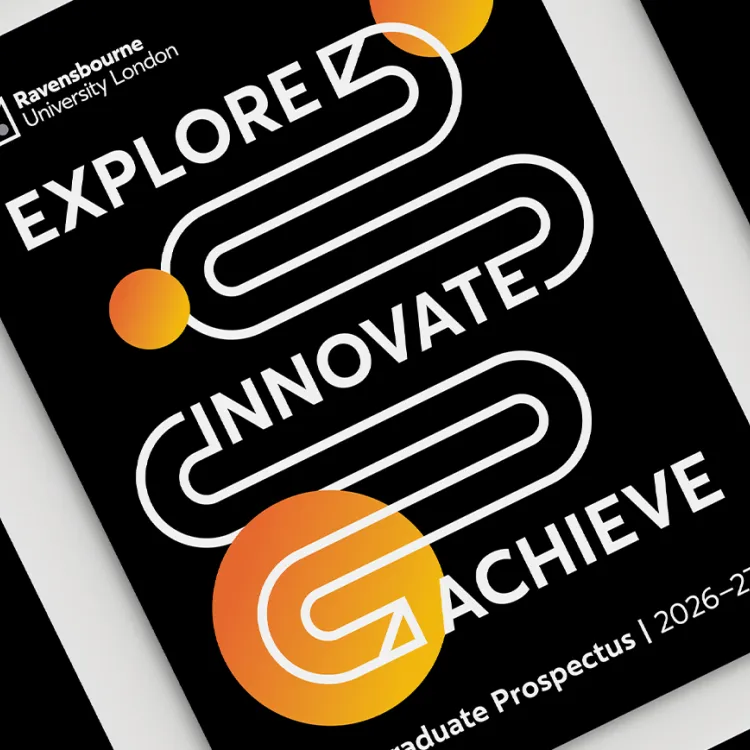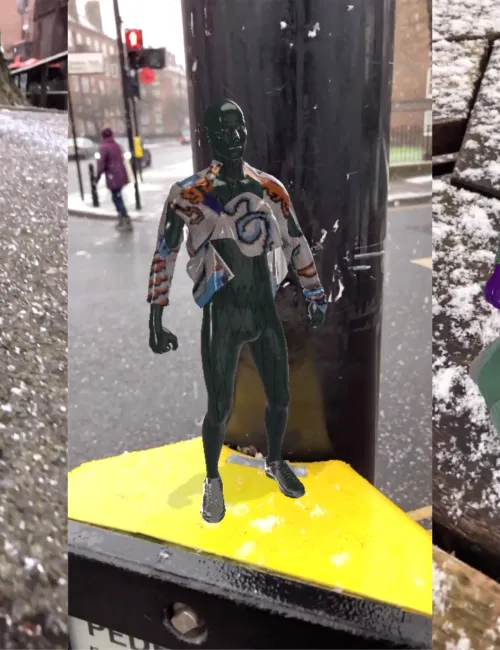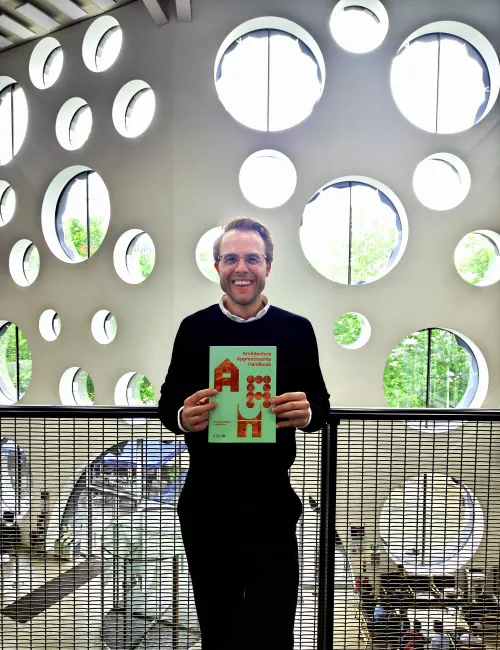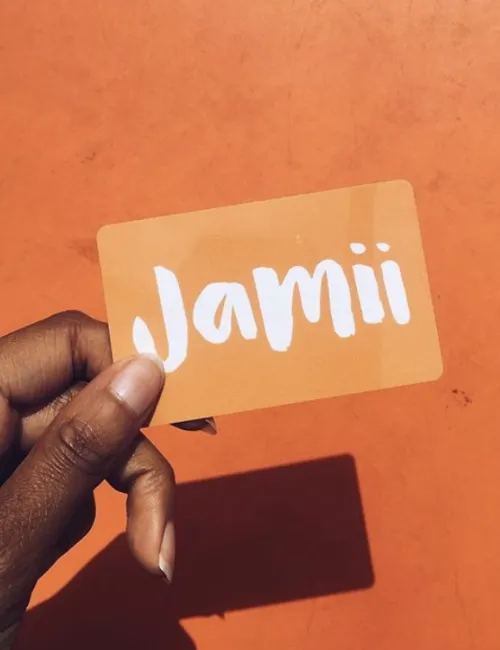Ravensbourne conference to explore impact of AI on creative fields
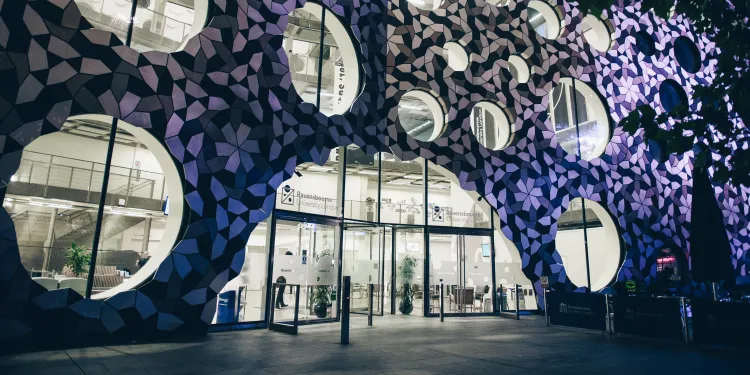
We sat down with Dr Dario Llinares and Dr Orson Nava to find out more about the Media, Communications and Cultural Studies Association (MECCSA) Creative Practice Symposium, an upcoming conference hosted by Ravensbourne University London.
Hi, Orson and Dario! Please give us a bit of background information about yourselves.
Orson: I’m a Senior Lecturer in the digital film department and have a background directing dramas, documentaries, and music videos for the BBC, ITV, Channel 4, and record labels such as Polydor, Sony, and EMI. My PhD looked at diversity in the creative industries, but my current focus is on the social impact of emerging technologies.
Dario: I'm an Associate Professor of Film and Media at Ravensbourne University London. I have published work on a range of topics including the Astronaut in American Culture, British Prison Film, the Cinema as Time Machine, and the Cinematic Experience in the Digital Age.
My research into sound communication and technology through creative practice, has emerged through my role as co-founder and co-host of the 'Cinematologists' podcast and 'The Podcast Studies' podcast. I am also co-editor of the upcoming 'Podcast Studies: Practice into Theory' and am working on a film on the history of AI voices in Science fiction entitled 'Do you want to hear it talk?: The Cybernetic Voice in Science-Fiction Cinema'.
Orson quote
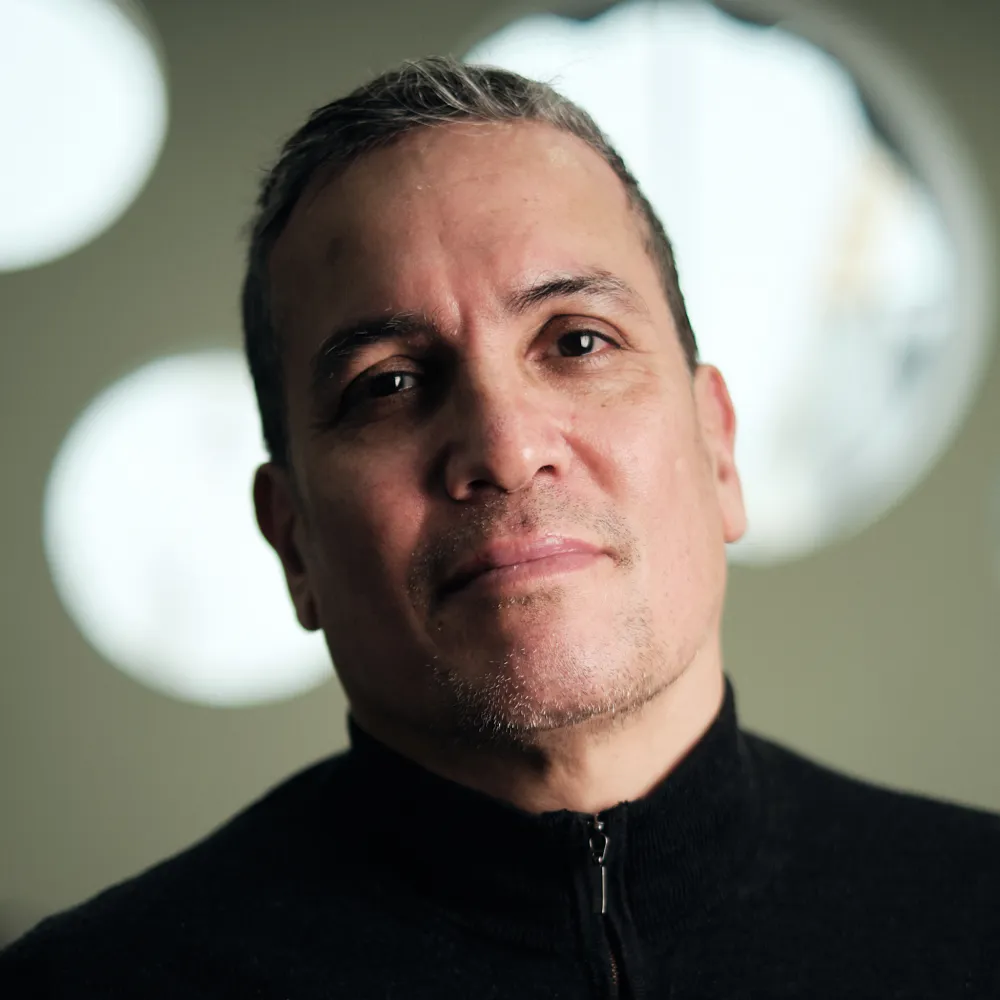
It'll be an opportunity to work through pressing questions around intellectual property rights, the crisis of ‘the real’, the emergence of new roles in the creative industries, and the possible threat posed to existing jobs by technologies like AI.”
What is the conference about?
Dario: The Media, Communications and Cultural Studies Association (MECCSA) Creative Practice Symposium takes place on Thursday 27 June at Ravensbourne’s impressive campus at the heart of Greenwich peninsula. It will be an inspiring academic gathering that will bring together the foremost minds in the field of media, communication, and cultural studies, focusing on the burgeoning intersection of creative practice and "intelligent" technologies.
It’s designed as a platform for sharing groundbreaking research and thought-provoking creative work that addresses the critical challenges and opportunities presented by digital innovation. We are set to explore profound questions around ethics, the essence of the self in the digital age, and the paradoxes faced by creative practitioners who are at the forefront of adopting yet critiquing these technological advancements.
Orson: Many forms of creative practice are being dramatically impacted by emerging technologies such as AI, immersive media, augmented reality, and virtual production. It seemed important to create a space to discuss these technological shifts and how academics and creative practitioners are responding to them.
Dario: This conference is pivotal as it encapsulates the zeitgeist, where creative industries and academia converge with cutting-edge technologies. We're venturing into a new realm of digital ethics, questioning sustainability and the integrity of the self. This symposium is not just about showcasing advancements, but fostering a critical discourse on the role of technology in shaping our cultural and social fabric.
Dario quote

It's thrilling to be at the vanguard, dissecting the implications of AI and machine learning on human creativity and expression, but also looking at ways in which intelligent technologies may me be adopted for myriad positive purposes.”
There is an open call for academics to showcase at the conference. What are you looking for?
Dario: We encourage submissions that challenge norms, propose innovative pedagogies, and explore the philosophical underpinnings of creative technologies.
Contributions can be diverse, including traditional papers, dynamic workshops, and interactive panel proposals, all aimed at fostering robust debate and collaborative explorations in the rapidly evolving intersection of creativity and technology. We are open to ideas with regards to presentation format and we hope to have some industry collaboration and technical demonstrations.
What will guests be able to get from this event?
Orson: Academics and practitioners who attend the conference will expand their networks and learn about current trends in research and creative practice. It'll be an opportunity to work through pressing questions around intellectual property rights, the crisis of ‘the real’, the emergence of new roles in the creative industries, and the possible threat posed to existing jobs by technologies like AI.
Dario: Guests at the Symposium will have the opportunity to immerse themselves in the latest research and creative work at the nexus of technology and creativity. They'll gain insights from leading thinkers, participate in vibrant discussions, and connect with peers across disciplines. The event is designed not only to inform but to inspire, offering a platform for networking, collaboration, and the exchange of innovative ideas that will shape the future of creative practices. We also are in talks with publisher for a subsequent journal special edition which will focus on the themes and outcomes of the conference.
